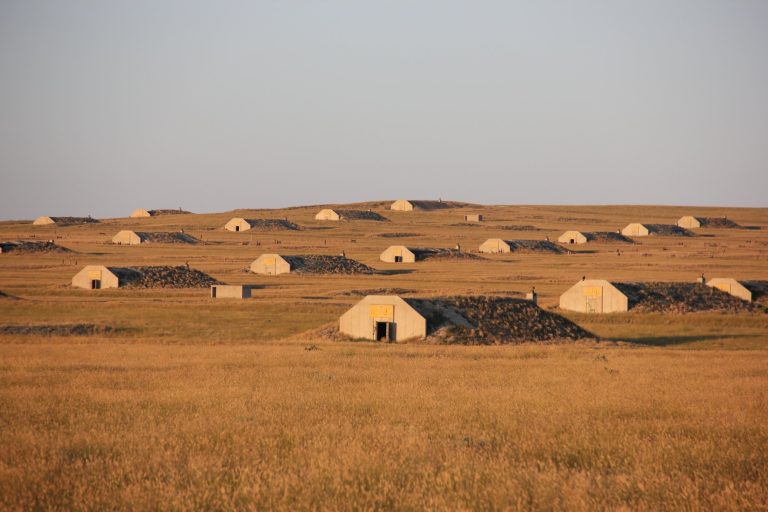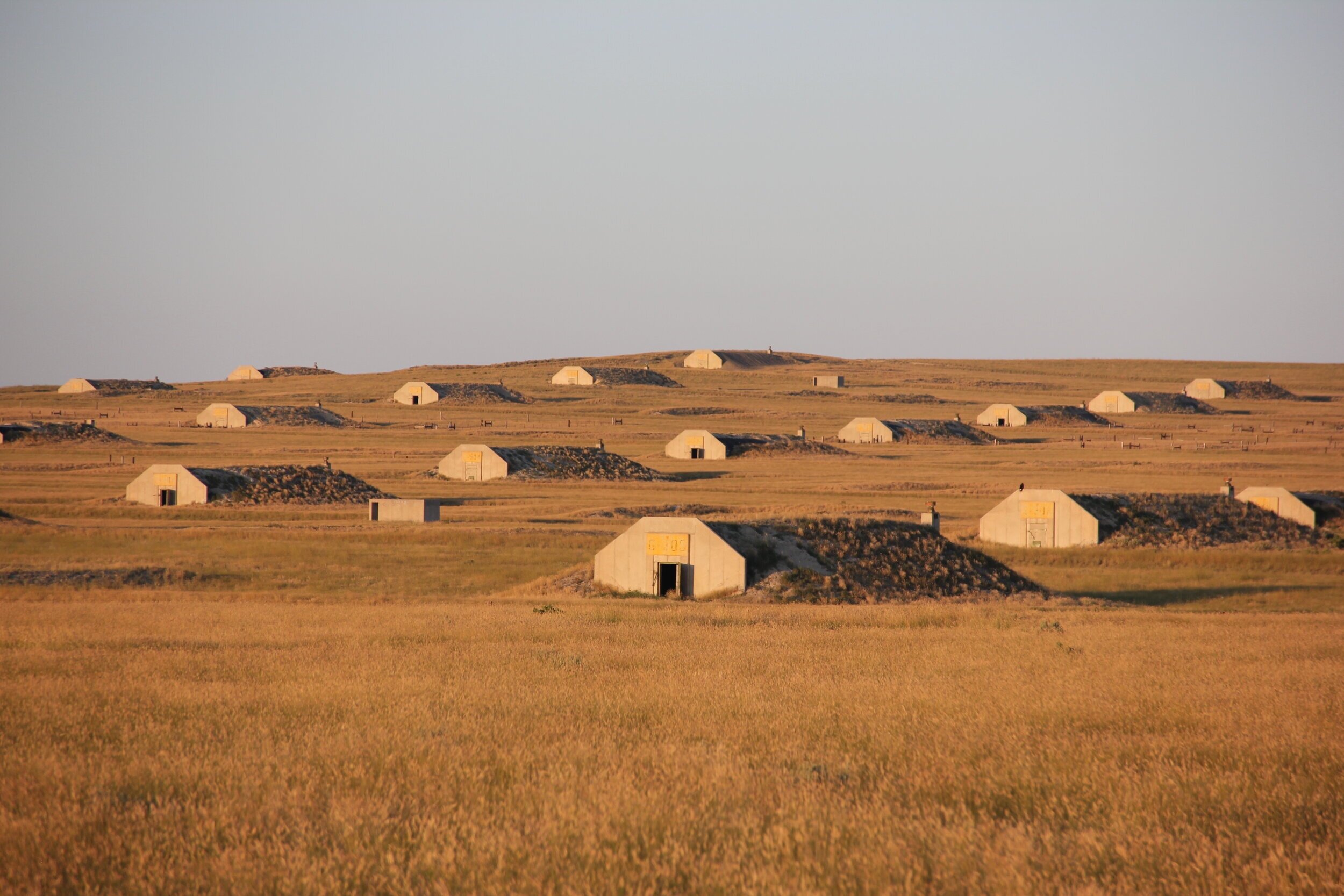SIOUX FALLS, S.D. (AP) — Teachers, educators and other South Dakota citizens charged with crafting new state social studies standards say Gov. Kristi Noem’s administration deleted many elements intended to bolster students’ understanding of Native American history and culture from their draft.
Members of the working group said Tuesday they were caught by surprise when the department released the new document last week with significant changes.
They say changes made to the draft they submitted in late July gave it a political edge they had tried to avoid, instead aligning with the Republican governor’s rhetoric on what she calls patriotic education.
The working group’s draft recommended including Native American culture from Oceti Sakowin stories in kindergarten to studying tribal banking systems in high school, but the department cut many of those recommendations.
The Forum News Service and South Dakota Public Broadcasting first reported the changes.
“Here we are again; the Native population is not worthy of being taught,” said Sherry Johnson, the education director with the Sisseton Wahpeton Oyate and a member of the working group. “I feel it’s important for all students to learn. This is how you combat racism and you build resiliency.”
She joined the group after trying unsuccessfully for years to get the state government to implement a greater emphasis on Indigenous history and culture in public schools. Johnson said she was one of two tribal members on the 46-member working group, but felt encouraged by the draft they submitted.
When the revised draft was released, she watched in real-time as Native American history was erased. The Department of Education cut in half the number of references to Indigenous Native Americans, tribal, or Oceti Sakowin — the Sioux Nation tribes located in the region.
“We don’t show up for great periods of time. It’s like we don’t exist,” she said.
The Department of Education said in a statement that it “relied heavily on the recommendations ” from the workgroup but that the proposed standards put a greater emphasis on learning about the experience of Native Americans in South Dakota than the previous set of standards.
“The department made certain adjustments before the release of the draft to provide greater clarity and focus for educators and the public,” the department said. “The draft standards provide a balanced, age-appropriate approach to understanding our nation’s history, government, economy, and geography, including opportunities to teach about the experiences of all peoples.”
But Paul Harens, a retired teacher and another member of the working group, said the changes subverted their work. He said they worked hard to build a consensus on the draft and tried to make the standards “apolitical.”
“The new document takes sides,” he said. “They have turned it into a political football.”
While the preface submitted by the workgroup explained their purpose was to “prepare students to be active, aware, and engaged citizens of their communities, state, country, and world,” the Department of Education released an entirely new preface. It places more emphasis on the “framers of our nation’s constitution,” and references Noem’s effort to create a state history and civics curriculum for K-12 students.
The revised preface states: “The founders of our nation emphasized the important role education played in equipping people for the knowledgeable practice of their responsibilities and the respectful enjoyment of their liberties, realizing the common good, and understanding other points of view and cultural beliefs are all equally protected.”
The department will hold public hearings on the proposed standards throughout the school year, and the Board of Education Standards will adopt the final standards in March. The standards are widely followed by school districts but are not mandatory.
Harens predicted the revisions from the Department of Education would stoke divisions at school boards across the state as they wade through a wider political debate on how history and racism are taught.
“All of a sudden you have a political agenda,” he said.
The Department of Education has not responded to a request for comment. New standards are released every seven years.











